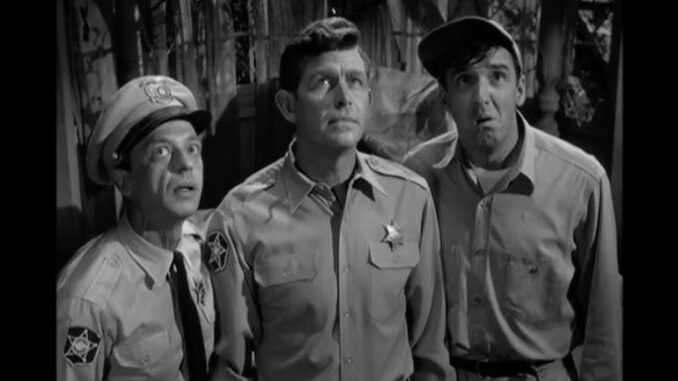
The scenario: a deserted island, once pristine and untouched, now home to the survivors of a shipwreck. Among them, two individuals stand out, each possessing a distinct claim to leadership: Captain Amelia Hayes, a seasoned mariner accustomed to command at sea, and Deputy Sheriff Thomas Miller, a law enforcement officer sworn to uphold order and protect the innocent. The question is not simply who wants to lead, but who is best equipped to establish and maintain order in this alien environment. This essay will explore the contrasting leadership styles, experiences, and ultimately, the suitability of each individual to guide the survivors towards a semblance of civilization on their island prison.
Clash of Titles: Captain vs. Deputy
The initial power struggle stems from the inherent authority associated with their former roles. Captain Hayes, used to barking orders from the bridge, naturally expects her nautical experience to translate into island leadership. Her argument rests on the principle of “chain of command”, a structure crucial for survival in emergencies at sea. She possesses knowledge of resource management, weather patterns, and basic survival skills learned during her voyages.
Conversely, Deputy Miller represents the concept of “rule of law”. He carries the weight of civic responsibility, a commitment to fairness, and a deep understanding of human behavior in chaotic situations. His expertise lies in conflict resolution, mediation, and establishing a framework of rules that ensure the safety and well-being of the group.
The tension between them is palpable, representing a microcosm of the larger debate between hierarchical authority and democratic governance. The islanders, initially disoriented and fearful, are divided in their loyalties:
- The Pragmatists: Those who favor Captain Hayes’s decisive approach, believing that immediate action is paramount for survival. They value efficiency and experience in the face of the unknown.
- The Idealists: Individuals who align with Deputy Miller’s vision of a just and equitable society, even in their desperate circumstances. They believe in consensus-building and protecting individual rights.
- The Fence-Sitters: The largest group, cautiously observing the power dynamics, hoping to align with the leader who ultimately promises the greatest chance of rescue and a return to civilization.
However, strict adherence to either model proves insufficient. The island is neither a ship nor a town; it requires a blended approach.
The Captain’s maritime skills are undeniably valuable. She can organize foraging expeditions, construct shelters that withstand the elements, and navigate the surrounding waters for potential rescue. However, her autocratic style, effective on a tightly controlled vessel, risks alienating the survivors and breeding resentment. Her focus on immediate survival may overshadow the long-term needs of the community.
The Deputy’s strength lies in his ability to establish a fair and just system. He can mediate disputes, prevent the escalation of conflicts, and create a sense of shared responsibility. However, his reliance on due process may prove cumbersome in a resource-scarce environment where decisive action is often necessary. A perfectly fair trial is pointless if everyone starves before a verdict is reached.
Ultimately, the most effective leadership will likely emerge from a compromise. The “Island Charter”, forged through negotiation and mutual respect, could incorporate elements of both the Captain’s pragmatic approach and the Deputy’s commitment to justice. The Captain might lead resource acquisition and infrastructure development, while the Deputy oversees law enforcement and social order.
The key to their success, and the survival of the group, depends on their ability to recognize the limitations of their previous roles and adapt their skills to the unique challenges of their island existence. The island demands not just a leader, but a collaborative team, willing to learn, compromise, and ultimately, work together towards a shared future. The clash of titles becomes less important than the creation of a functional, sustainable community. The question then isn’t who keeps order, but how order is collectively maintained.